One of the most outrageous and controversial youth protests in modern history took place in Cuba in the late ‘80s. To escape persecution and create awareness of the extreme poverty, discrimination, and hopelessness of living under the Fidel Castro regime, more than 150 rockers, who called themselves Frikis, lashed out at the government by injecting themselves with HIV-positive blood and encouraged a wave of like-minded individuals to follow in their wake.
In the first season of “Oath,” a limited six-part mini-series about the wild lives and miserable deaths of the Frikis, listeners will learn the true story the Cuban government desperately tried to hide.
The two main characters in the podcast are charismatic freedom fighter Papo LaBala and his best friend, disc jockey and filmmaker Vladimir Ceballos. “Oath” chronicles their upbringings, relationship, and the roles they played in the Frikis protest movement.
LaBala was the first Friki to self-inject, and soon after, he tried to convince Ceballos to join him in the ultimate protest. Ceballos, a respected rock disc jockey and filmmaker refused, realizing that doing so was a death sentence, something many of the other Frikis lacked the education and awareness to fully accept.
Instead of joining the flock and taking the hypodermic plunge, Ceballos agreed to make a movie that exposed the unbelievable story of the Frikis to the Western world. Avoiding the watchful eye of authorities, Ceballos shot multiple interviews with LaBala and other self-injectors suffering from full-blown AIDS; conversations with these now-deceased victims are prominently featured in the “Oath” podcast, enhancing the impact of the project.
Risking possible imprisonment and the certain loss of citizenship, Ceballos worked in secrecy, combining the interviews with grim footage of the Sanitariums, where the Frikis and anyone else diagnosed HIV-positive were quarantined.
With the help of Robert Arellano, an American college student who met Ceballos during a school-sponsored trip to Cuba and empathized with his plight, Ceballos finished the movie, evaded the police and airport security, and smuggled his heartrending film into America, where it was screened at Brown University for the press.
Although the story of the Frikis was covered by the “New York Times,” “The Boston Phoenix” and other outlets, the publicity campaign was canceled after the U.S. government, which was working on improving relations with Castro, helped Cuba avoid embarrassment by effectively “canceling” the story. A planned appearance on the television program “20/20” was nixed and the tale of the Frikis was buried. There were no more press articles or screenings and Ceballos stopped making movies, ceased making waves, and got a job editing commercial projects.
Accompanied by a stirring music score, abundant sound effects, sound bites from the “canceled” movie, and new quotes from Ceballos and others who lived to tell the tale, “Oath: The Story of the Frikis” is a dramatic, exciting, and entirely accurate account of the youths in Pinar Del Rio who made the ultimate sacrifice.
Team:
Narrated / Produced by Ian McFarland (director of the award-winning film “The Godfathers of Hardcore”)
Written by journalist and author Jon Wiederhorn (writer /host of iHeart podcast “Backstaged: The Devil in Metal”)
Original Music / Sound Designed by acclaimed composer Aaron Drake
CONTACT:
IAN MCFARLAND

